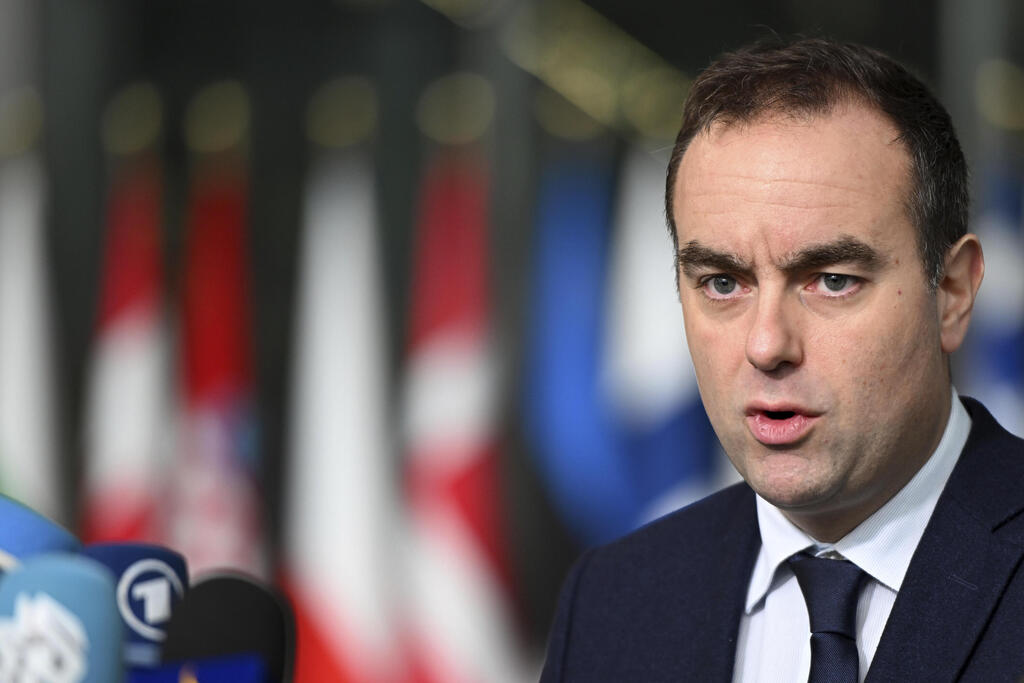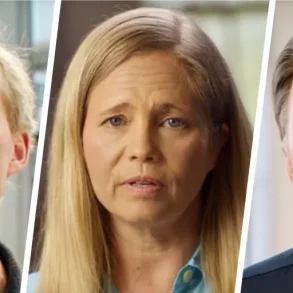France’s political landscape plunged into further chaos on October 6, 2025, when newly appointed Prime Minister Sebastien Lecornu resigned just 14 hours after announcing his cabinet. The sudden resignation, accepted by President Emmanuel Macron, has intensified the country’s ongoing political crisis, leaving the government in disarray and sparking calls for snap elections.
Lecornu, a close ally of Macron, was appointed as France’s seventh prime minister and the fifth in just two years. His brief tenure, lasting only 27 days, began with high hopes of stabilizing a fractured parliament where no single party holds a majority. However, his cabinet lineup, unveiled on Sunday, immediately drew criticism from both political allies and opponents. Some argued it leaned too far right, while others claimed it wasn’t right-wing enough. This dissatisfaction led to threats from rival parties to topple his government, prompting Lecornu to step down on Monday morning.
In his resignation speech at Matignon Palace, Lecornu expressed frustration with the political gridlock. “I was ready to compromise, but each political party wanted the other political party to adopt its entire program,” he said. The lack of cooperation among France’s political factions has been a recurring issue since Macron’s re-election in 2022, which left the National Assembly deeply divided. His decision to call a snap election last year only worsened the situation, resulting in an even more fragmented parliament.
The resignation triggered immediate reactions from across the political spectrum. The far-right National Rally, led by Jordan Bardella and Marine Le Pen, demanded the dissolution of the National Assembly and new parliamentary elections. Bardella stated, “There can be no return to stability without a return to the polls.” Le Pen echoed this sentiment, calling the situation a “farce” that has gone on long enough. Meanwhile, Jean-Luc Melenchon of the far-left France Unbowed went further, calling for Macron’s impeachment.
The political turmoil also sent shockwaves through France’s financial markets. French stocks, particularly banks like Societe Generale, BNP Paribas, and Credit Agricole, dropped sharply, with the CAC 40 index falling 1.5%. The euro weakened against the dollar and sterling, and French government borrowing costs rose to levels not seen since the country’s last political stalemate.
Macron now faces mounting pressure to address the crisis. Critics, including Europe correspondent Alistair Bunkall, argue that the president’s rapid turnover of prime ministers—five in two years—signals a failing strategy. “Macron is running out of room and time,” Bunkall noted, suggesting that calls for parliamentary elections or even Macron’s resignation are gaining traction. Polls indicate that the National Rally could perform strongly in a new election, a prospect that adds further uncertainty to France’s future.
As France grapples with this unprecedented instability, the path forward remains unclear. Lecornu’s resignation has exposed deep divisions in the country’s political system, leaving many to wonder whether new elections or a change in leadership can restore stability.








